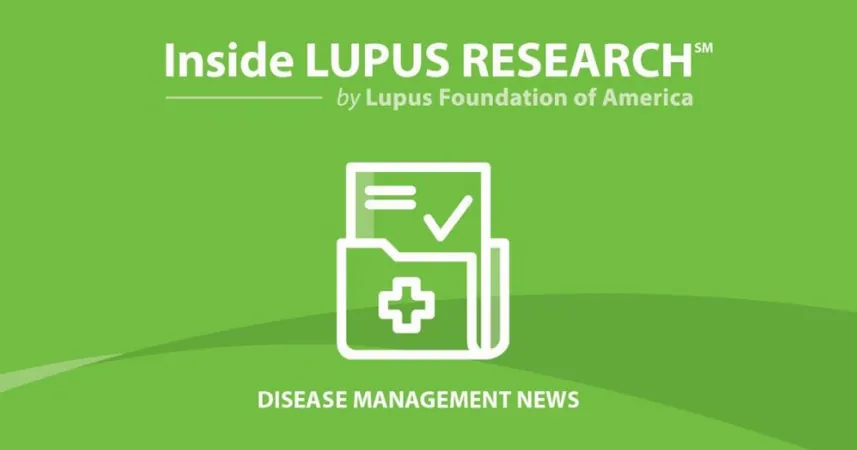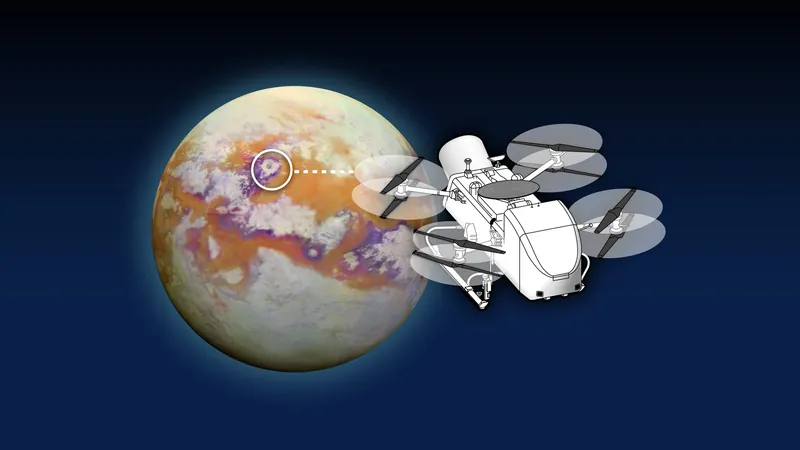
Groundbreaking Trial Begins for Innovative Urologic Device!
2025-04-25
Author: Ming
First Patient Enters Pivotal Voro Urologic Scaffold Trial
In a significant milestone, the first patient has officially joined the bold Phase 3 ARID II trial, aimed at assessing the safety and effectiveness of the revolutionary Voro Urologic Scaffold for those facing post-prostatectomy stress urinary incontinence (SUI). This exciting announcement comes from Levee Medical, signaling a potential breakthrough in men's health.
What Makes the Voro Scaffold Special?
The innovative Voro Urologic Scaffold is a bioabsorbable device specifically engineered to support the bladder neck and maintain urethral length—key anatomical elements that could lead to faster recovery and improved continence rates after prostate surgery.
The initial enrollment took place at Mississippi Baptist Medical Center, led by Dr. Patrick Daily, a urologic surgeon at Mississippi Urology Clinic, who expressed enthusiasm about the trial's potential to enhance the quality of life for patients: "This device could dramatically elevate early and long-term continence rates, transforming recovery experiences for many men!"
Trial Details and Expectations
The randomized controlled trial aims to recruit 266 adult patients scheduled for robotic-assisted radical prostatectomy across up to 30 clinical trial sites throughout the United States. Participants will be randomly assigned to receive either the Voro Urologic Scaffold or a control treatment.
Eligibility requires patients to have a Gleason grade of 4 or lower, a prostate size under 80 grams, and a negative urine culture within 30 days leading to the procedure.
Key outcomes measured will include adverse events and the percentage of patients regaining continence based on a pad weight test conducted six weeks post-surgery. Additionally, the study will assess quality of life metrics and continence rates over a six-month period, with completion anticipated by February 2027.
Earlier Promising Results
The initiation of this major trial builds upon the success of the earlier Phase 2 ARID feasibility study, where encouraging insights about the scaffold's safety and effectiveness were documented. Dr. Gustavo Espino, leading the feasibility study in Panama, reported, "Patients experienced notably improved continence, translating to enhanced quality of life post-surgery." This first trial phase encompassed 28 patients, and aims to expand to 40 participants.
Broader Implications for Prostate Surgery Recovery
The potential of the Voro Urologic Scaffold extends beyond this trial, as it is also under evaluation in the observational ALTO study, focusing on urinary function and overall quality of life for post-prostatectomy patients. The initial enrollment for ALTO took place in June 2024, with overall study completion expected by March 2026.
As advancements in medical devices come to the forefront, the Voro Urologic Scaffold could very well reshape post-surgical experiences for countless men, driving the future of urologic health towards a more optimistic direction.






 Brasil (PT)
Brasil (PT)
 Canada (EN)
Canada (EN)
 Chile (ES)
Chile (ES)
 Česko (CS)
Česko (CS)
 대한민국 (KO)
대한민국 (KO)
 España (ES)
España (ES)
 France (FR)
France (FR)
 Hong Kong (EN)
Hong Kong (EN)
 Italia (IT)
Italia (IT)
 日本 (JA)
日本 (JA)
 Magyarország (HU)
Magyarország (HU)
 Norge (NO)
Norge (NO)
 Polska (PL)
Polska (PL)
 Schweiz (DE)
Schweiz (DE)
 Singapore (EN)
Singapore (EN)
 Sverige (SV)
Sverige (SV)
 Suomi (FI)
Suomi (FI)
 Türkiye (TR)
Türkiye (TR)
 الإمارات العربية المتحدة (AR)
الإمارات العربية المتحدة (AR)